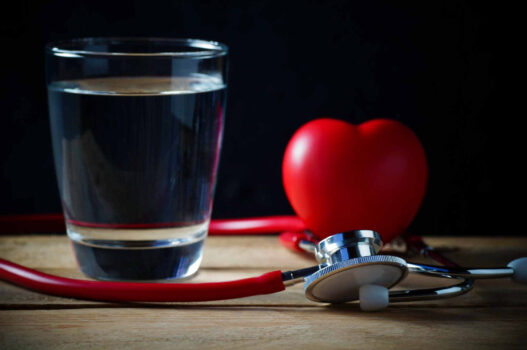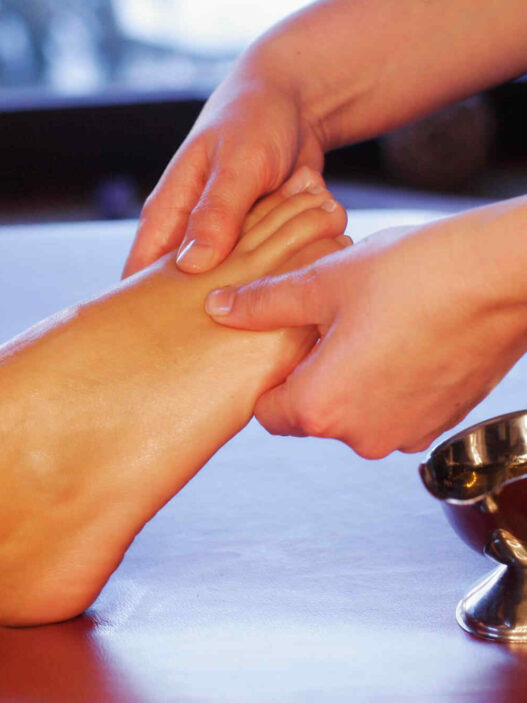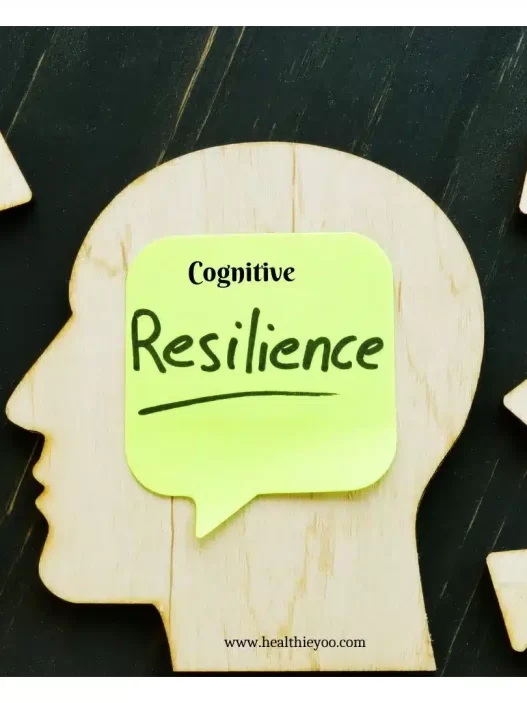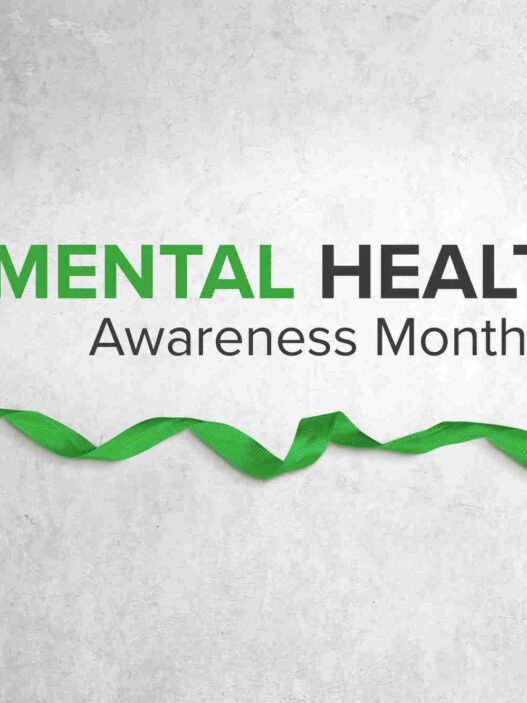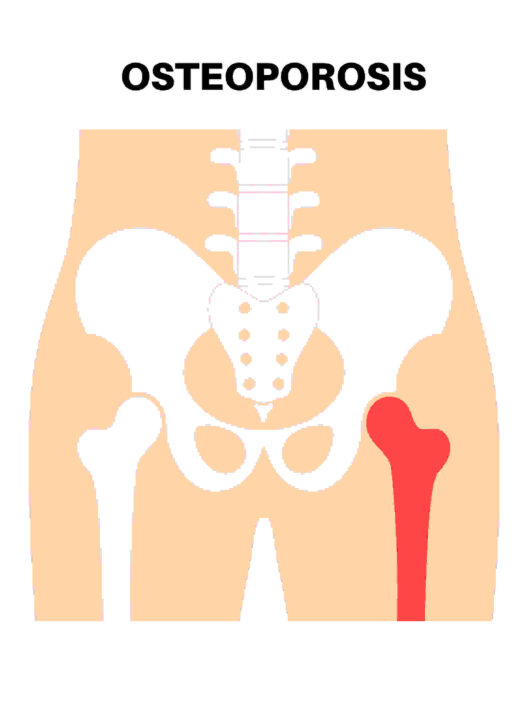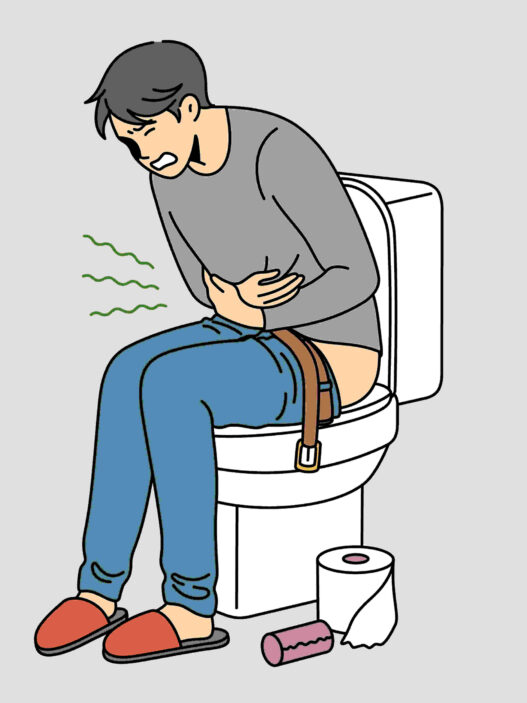Why do some people need fluid restriction, particularly if they are living with renal failure or congestive heart failure (CHF)? How to know if you have fluid overload? What can you do to control thirst and limit fluids? All this and more including the top 10 sources of sodium.
Importance of Proper Hydration
Proper hydration is necessary for many body functions. This includes:
- Maintaining normal body temperature
- Helps flush out toxins via urination, perspiration, and bowel movements
- Helps prevent constipation
- Promotes healthy joint and muscle function
- Assist the immune system in preventing infection
- Promotes digestion and helps deliver nutrients to cells
- Promotes weight loss
- Improves skin complexion
Why Do I Need Fluid Restriction?
If you are living with renal failure, congestive heart failure, or another condition that requires a fluid restriction, it becomes important to work closely with your dietitian and medical team to ensure you know how much fluid to drink daily. Following your fluid restriction is the best way to avoid fluid overload. (See below).
Hemodialysis
If you are on standard hemodialysis (HD) and receive treatments three times a week, you may have a daily fluid allowance of anywhere between 28 oz to 32 oz if your dry weight is between 65 -80 kg. This allowance may be less or more if your body weight is outside of this range. Other factors used to determine a person’s fluid allowance include the type of dialysis, urine output, use of diuretics, ultrafiltration rate, body composition and/or muscle mass, and dialysis prescription.
Peritoneal Dialysis
Peritoneal dialysis (PD) normally requires dialysis treatments 7 days a week. For this reason, most PD patients are able to have a slightly higher fluid allowance than people on HD. Many people on PD are still producing a generous amount of urine daily. This also allows a person on PD to drink more fluids than a person on HD can.
Congestive Heart Failure
Congestive heart failure (CHF) is a condition of having a weakened heart muscle that causes the slower-than-normal pumping of blood (perfusion) through it. This slowing causes blood back up which then causes fluid to back up into the lungs. Low perfusion to the blood vessels in your kidneys can lead to kidney failure.
The first nutrition recommendation for a person with CHF is to follow a sodium-restricted diet since sodium causes the body to store excess fluid. Your dietitian can best advise on how you can still eat many of the foods you enjoy while limiting the salt. (See below the list of top 10 sources of dietary sodium).
Top 10 Sources of Sodium
The top 10 sources of sodium are given below:
- Bread and rolls
- Pizza
- Sandwiches
- Cold cuts and cured meats
- Soups
- Burritos and tacos
- Savory snacks*
- Chicken
- Cheese
- Eggs and omelets
- Pizza
- Mexican-mixed dishes
- Sandwiches
- Bread and rolls
- Cold cuts and cured meats
- Soups
- Savory snacks*
- Cheese
- Plain milk
- Poultry
*Chips, popcorn, pretzels, snack mixes, and crackers
Limiting fluid intake or fluid restriction is also often recommended for later-stage CHF. Your doctor and dietitian will advise you on the safe and recommended minimum and maximum level of fluid to drink. If you are taking a diuretic, the amount you drink will be higher than it would be for someone not taking a diuretic to avoid dehydration. (But how to know if you have fluid overload, check in the section below).
How do I know if I have fluid overload?
Standard in-center HD or PD both help remove excess fluid however, they cannot remove all of it. Long dwell times with PD can possibly lead to reabsorbing PD fluid. The use of more than 4.25 dextrose bags than normal is an indication of fluid overload.
Edema happens when you carry too much fluid in your body. Some signs of edema are:
- Tight-fitting shoes
- Swollen face, fingers, toes, ankles, or lower leg
- Changes in eyesight
- Trouble breathing especially when lying down
- Higher than normal blood pressure
- Headaches
Fluid overload is a serious condition that can lead to a number of health conditions including shortness of breath, swelling of extremities, cramping, headache, cognitive changes, skin infections, delayed wound healing, pressure ulcers, pulmonary edema (fluid in and around the lungs), heart attack, stroke, and even sudden death.
What can I do to control my thirst and limit fluids?
When limiting fluids to follow your specific fluid restriction, it’s important to remember that any solid food that is liquid at room temperature is considered a fluid. Some common examples are soups, frozen desserts, and ice cubes.
Below are some strategies to help control your thirst for fluid restriction and limit your fluid intake.
- Drink only when thirsty.
- Sip on fluids slowly.
- Suck on a peppermint candy or sugar-free gum.
- Sip on crushed ice or popsicles.
- Drink at the end of the meal only.
- If possible, swallow pills with meals or soft foods instead of with liquid.
- Use measured cups.
- Do not drink the remaining liquid with cereal.
- Brush teeth or use mouthwash in between meals.
- Eat frozen fruit in bite-size portions such as grapes or blueberries.
- Avoid salty or sugary foods and condiments such as soups, soy sauce, seasoning packets, cookies, cakes, and pies.
- Stay cool and avoid long periods of time in the hot sun.
- Use measuring cups to plan how much you will drink at each meal.
For more tips, see your dietitian.
Sources
- https://www.ncbi.nlm.nih.gov/pmc/articles/PMC4691845/
- https://www.cdc.gov/healthyweight/healthy_eating/water-and-healthier-drinks.html
- https://www.cdc.gov/salt/index.htm

Cheryl Robinson, MS, MBA, RDN, CSR, LD, is a Registered Dietitian/ Nutritionist (RDN) with a specialty in Renal Nutrition (CSR). She is also a Duke-Trained Health and Wellness Coach and owner of Turn Wheel, LLC Health Coaching and Nutrition Counseling. Cheryl served as 2021 Chair of the National Kidney Foundation Council on Renal Nutrition for the Fort Worth, Texas chapter.
